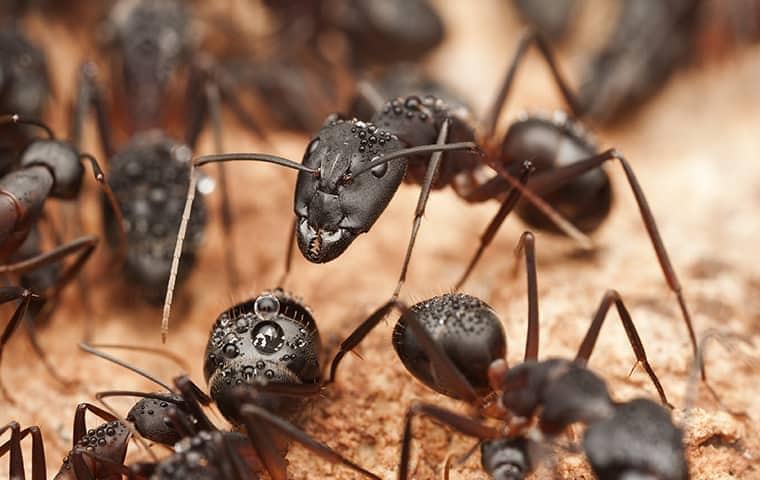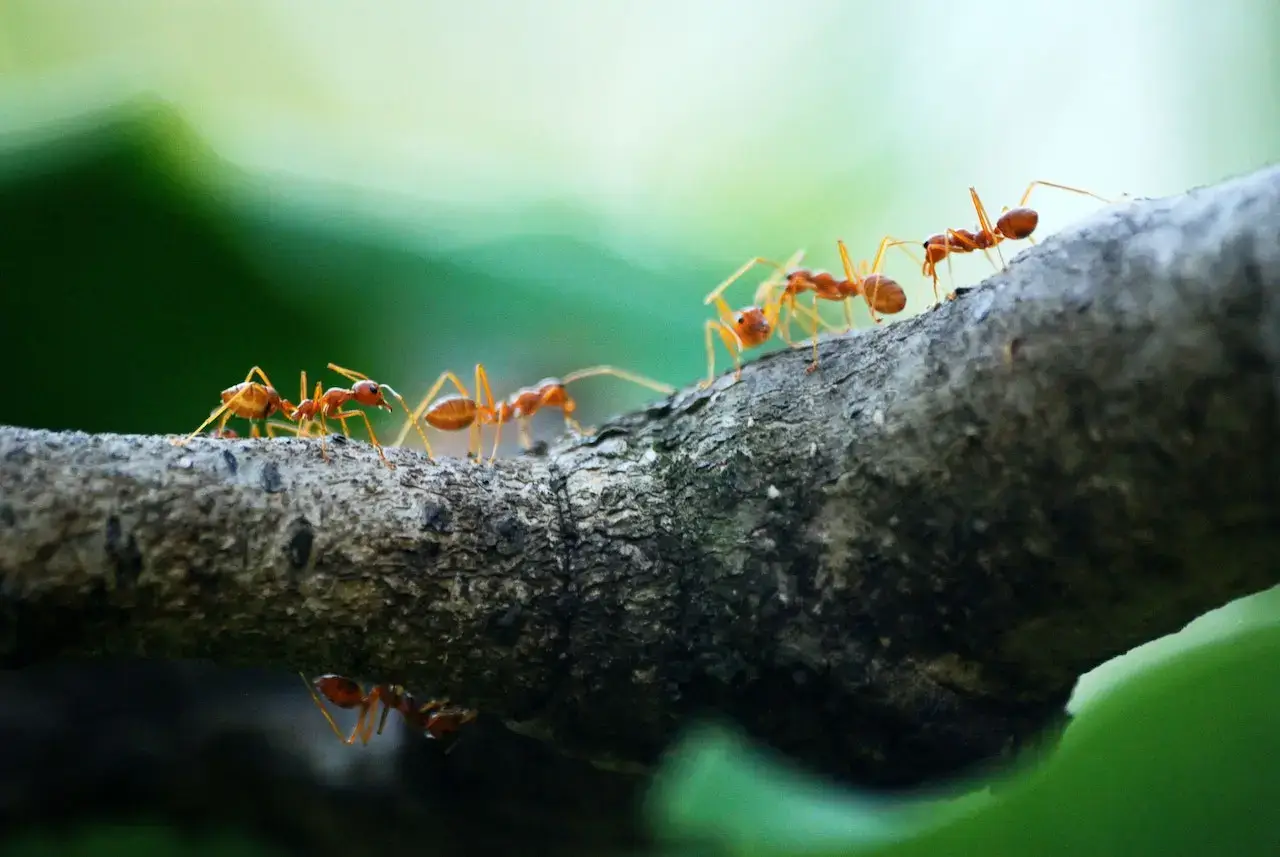Specialist Termite Control Services: Secure Your Home from Termite Damage
Specialist Termite Control Services: Secure Your Home from Termite Damage
Blog Article
Ecological Effect of Insect Control: Balancing Effectiveness With Sustainability
The ecological impact of bug control is an important problem that needs a delicate balance in between accomplishing effectiveness in ensuring and taking care of parasites sustainability of our communities. From the usage of damaging chemicals that leak right into our dirt and water to the unplanned repercussions on non-target types, the effects of traditional bug control methods are far-reaching.
Dangerous Chemicals in Parasite Control
The utilization of damaging chemicals in parasite control poses substantial ecological and wellness dangers that necessitate cautious consideration and mitigation approaches. Chemicals, herbicides, and insecticides are commonly used to get rid of insects, however their prevalent application can result in unexpected repercussions. These chemicals can infect soil, water resources, and the air, affecting not just the targeted parasites but likewise beneficial insects, wildlife, and people.

To resolve these threats, incorporated bug monitoring (IPM) methods are being promoted as a much more lasting choice. IPM entails a combination of approaches such as biological control, habitat control, and the targeted use of pesticides as a last option (ant control mooresville nc). By taking on an alternative approach to pest control, we can minimize the environmental and health and wellness impacts connected with damaging chemicals while properly managing pest populaces
Effect On Non-Target Types
Considering the unintentional consequences of insect control methods, the impact on non-target species is a crucial aspect that needs extensive analysis. While insect control procedures aim to target details pests, other microorganisms in the environment might be unintentionally influenced. Non-target varieties, consisting of valuable pests, birds, animals, and also plants, can suffer indirect or straight damage from pesticide applications or organic control techniques.
Pesticides can have sub-lethal or deadly impacts on non-target types. Insecticides designed to combat a particular insect bug may hurt pollinators like bees or natural predators such as ladybugs. Furthermore, chemical deposits can collect in the atmosphere, impacting non-target microorganisms gradually. In a similar way, organic control agents, otherwise species-specific, can pose dangers to unplanned targets, interfering with the ecological balance.
To alleviate the influence on non-target varieties, incorporated insect management (IPM) methods that highlight an alternative technique to pest control are advised. These methods prioritize the usage of eco pleasant methods, minimizing damage to helpful microorganisms while properly managing pest populaces. Conducting comprehensive danger assessments and keeping track of the outcomes of pest control efforts are vital action in safeguarding non-target species and promoting overall ecosystem health.
Dirt and Water Contamination
Unexpected environmental repercussions of insect control approaches extend beyond affecting non-target types, with considerable effects for soil and water contamination - termite control. Pesticides, herbicides, and chemical fertilizers utilized in parasite control can leach into the dirt and infect groundwater, presenting a risk to both earthbound and marine ecosystems.
Water contamination is an additional critical problem associated with bug control practices. To alleviate soil and water contamination from pest control tasks, incorporated pest administration strategies that focus on sustainability and lessen chemical inputs are important.
Air Pollution From Chemical Use
Direct exposure to air-borne pesticides throughout farming applications positions a considerable problem for air pollution control measures. When chemicals are sprayed onto plants, they can volatilize right into the air and kind unstable organic compounds (VOCs) and various other airborne pollutants. These chemicals can contribute to the development of ground-level ozone, a significant part of smog that can have destructive results on human wellness, plant productivity, and general air top quality. In addition, chemical drift, where pesticides are brought by the wind to unintentional areas, can cause the contamination of close-by communities and water bodies.

Techniques for Lasting Pest Control
In the this world of agricultural methods, applying sustainable insect control approaches is vital for maintaining environmental balance and securing plant returns. Lasting insect control emphasizes the use of eco-friendly techniques to manage insect populations successfully while lessening injury to non-target organisms and ecological communities. Integrated Bug Management (IPM) is a widely embraced strategy that combines organic, social, physical, and chemical control techniques to attain long-term bug management services.
Plant turning and diversification are additionally reliable methods to interfere with pest life cycles and produce much less desirable conditions for bugs to grow. Inevitably, by integrating these lasting insect control techniques, farmers can accomplish a balance in between pest monitoring efficiency and ecological stewardship.
Final Thought
In verdict, the ecological effect of bug control methods should be very carefully considered to balance effectiveness with sustainability. Hazardous chemicals made use of in pest control can result in soil and water contamination, air contamination, and injury non-target varieties - ant control services. It is vital to implement lasting bug control techniques to minimize these unfavorable effects on the atmosphere and advertise a healthier ecosystem for future generations
By taking on an all natural approach to pest control, we can decrease the ecological and wellness impacts associated with dangerous chemicals while properly taking care of pest populaces.

To reduce the air pollution caused by pesticide usage, it is crucial to take on integrated insect administration techniques that prioritize the usage of non-chemical parasite control methods, such as plant turning, natural killers, and immune plant ranges. Sustainable parasite control stresses the use of eco pleasant techniques to take care of parasite populations successfully while minimizing injury to non-target microorganisms and ecological communities. Integrated Insect Monitoring (IPM) is a commonly taken on strategy that combines biological, cultural, physical, and chemical control approaches to achieve long-term pest management services.
Report this page